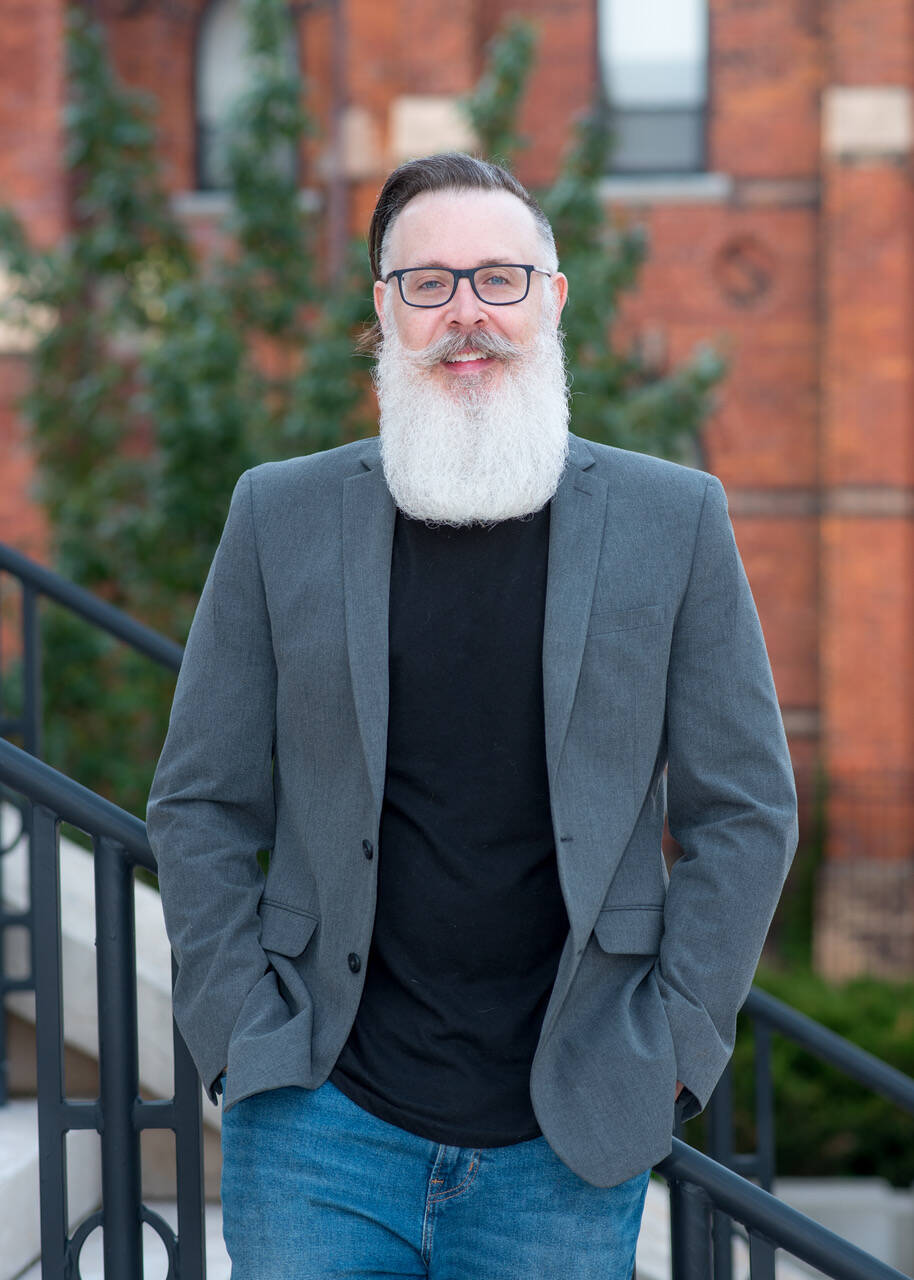BU prof’s work helps inform key change to military policy
Advertisement
Read this article for free:
or
Already have an account? Log in here »
We need your support!
Local journalism needs your support!
As we navigate through unprecedented times, our journalists are working harder than ever to bring you the latest local updates to keep you safe and informed.
Now, more than ever, we need your support.
Starting at $15.99 plus taxes every four weeks you can access your Brandon Sun online and full access to all content as it appears on our website.
Subscribe Nowor call circulation directly at (204) 727-0527.
Your pledge helps to ensure we provide the news that matters most to your community!
To continue reading, please subscribe:
Add Brandon Sun access to your Free Press subscription for only an additional
$1 for the first 4 weeks*
*Your next subscription payment will increase by $1.00 and you will be charged $20.00 plus GST for four weeks. After four weeks, your payment will increase to $24.00 plus GST every four weeks.
Read unlimited articles for free today:
or
Already have an account? Log in here »
Hey there, time traveller!
This article was published 16/12/2023 (671 days ago), so information in it may no longer be current.
A Brandon University sociology professor was tapped by the Canadian Armed Forces for expertise on a new policy as the country’s military attempts to tackle the problem of sexual misconduct in its ranks.
A new policy removing the word “sexual misconduct” from the military policy and instead using the term sexual assault was announced by Defence Minister Bill Blair on Wednesday. But the drafting of the new policy is being informed by the research of BU’s Christopher Schneider and Wilfred Laurier University criminology professor Stacey Hannem.
Wednesday’s announcement was part of military efforts to implement recommendations from a 2022 report by former Supreme Court Justice Louise Arbour that found that the definition of “sexual misconduct” in CAF policies lacked coherence and clarity. Schneider and Hannem co-authored a book, titled “Defining Sexual Misconduct: Power, Media, and #Metoo,” and were pleased that one of CAF’s senior staff members reached out to them for feedback on the military’s draft policy last month.

“This is one step in the direction, we can be cautiously optimistic that the minister and the Canadian Armed Forces are taking seriously the recommendations to deal with and address systemic sexual violence that occurs in the Canadian Armed Forces,” Schneider told the Sun.
During the Wednesday announcement, Blair said that removing the term sexual misconduct and using sexual assault will bring CAF policy to a standard aligned with the Criminal Code.
“We believe that by providing a clear definition of sexual assault, in line with the Criminal Code, we will be better positioned to act when incidents occur and respond in a more trauma-informed way,” Blair said at the announcement.
While the changes to the policy won’t be published until early next year, the minister said that the definition of sexual assault will help shape the military’s efforts to also make adjustment to their policy on prohibited conduct within the ranks.
While Hannem agreed that putting the term sexual assault into CAF policy is a good first step, she emphasized the need for the military to follow through with those intentions when drafting the prohibited conduct policy.
Hannem said that there is a wide range of behaviour, like sexual remarks or jokes that may not meet a standard in the Criminal Code, but still contribute to the overall workplace culture.
“Those are the kinds of things that have to be very clearly addressed in a policy, because those aren’t really criminal, they would not meet the bar for criminal sexual assault,” she told the Sun.
“And yet, I think these are the kinds of things that people experience on a daily basis that contribute to their discomfort in the workplace.”
Hannem hopes that the CAF will include more specific actions and behaviours in their prohibited conduct policy as the language in the draft policy she has been provided for her feedback is too broad she said.
“I think that’s the place where they can either re-introduce an idea of sexual misconduct or they could go with other language that really clearly delineates the kinds of behaviours that contribute to a toxic workplace,” she said, adding that this is especially important in the context of the military where people are working and living together.
The CAF did not accommodate the Sun’s interview request, but provided a statement in response to emailed questions.
“Behaviours that fall outside of the scope of harassment or criminal acts, but that are inappropriate in the workplace and detrimental to a healthy, physically, and psychologically safe workplace, will constitute prohibited conduct,” the statement read.
The statement also said that in addition to scholars, internal and external stakeholders, survivors, experts working in non-governmental organizations were also consulted to help shape their policy development approach.
Earlier this year, the CAF announced that members could bring complaints of sexual harassment or misconduct directly to the Canadian Human Rights Commission, following recommendations by the report to address issues in the military’s grievance process.
Meanwhile, the professors say that receiving an email from the Armed Forces seeking out their expertise was a positive reward for their research efforts.
“We try to make a difference every day, in our writing and our lectures to our students, and the things that we do, and everybody does really,” Schneider said. “To try to make a positive impact in the world.”
» gmortfield@brandonsun.com
» X: @geena_mortfield
